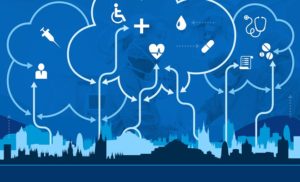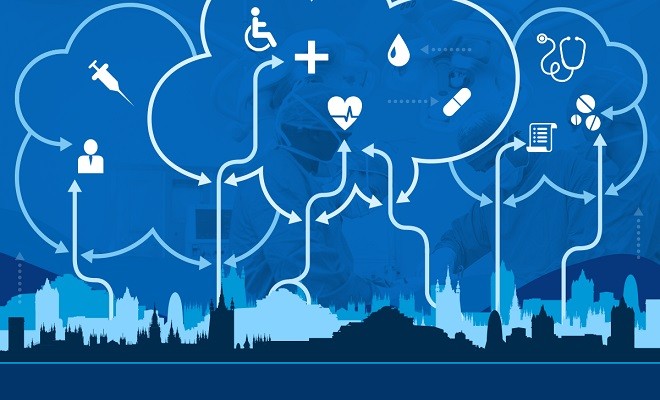- The rise of the IoT is producing more advancements and demand is expected to grow exponentially in the next five years
- IoT can be used to increase diagnostic rates and improve accuracy
- IoT healthcare devices provide a lower cost and less intrusive way to manage health

According to a recent report by Research and Markets, the continued adoption of Internet-related equipment in the health industry is expected to drive the Internet of things (IoT) in the healthcare market to reach nearly $200 billion by 2024.
Meaningful impact
The report highlighted that IoT can be used to increase diagnostic rates and improve accuracy, allowing for caretakers to make fast decisions for patients. There is a large physician shortage across the world and misdiagnosis rates are skyrocketing. It suggested that with medical professionals under more pressure than ever before, IoT can have a meaningful impact on the healthcare industry.
Also, IoT healthcare devices provide a lower cost and less intrusive way to manage health. Wearables, medication reminders, and portable diagnostic devices reduce the number of visits to a doctor and increase the level of care.
The increasing adoption of technology in healthcare is driven by an increase in government mandates, staffing shortages, improving clinical outcomes, and increasing pressures on healthcare functions. The rise of the IoT is producing more advancements and demand is expected to grow exponentially in the next five years.
The report estimated that there will be 21 billion connected devices in the world by 2020. That will be five times as many as just four years ago.










